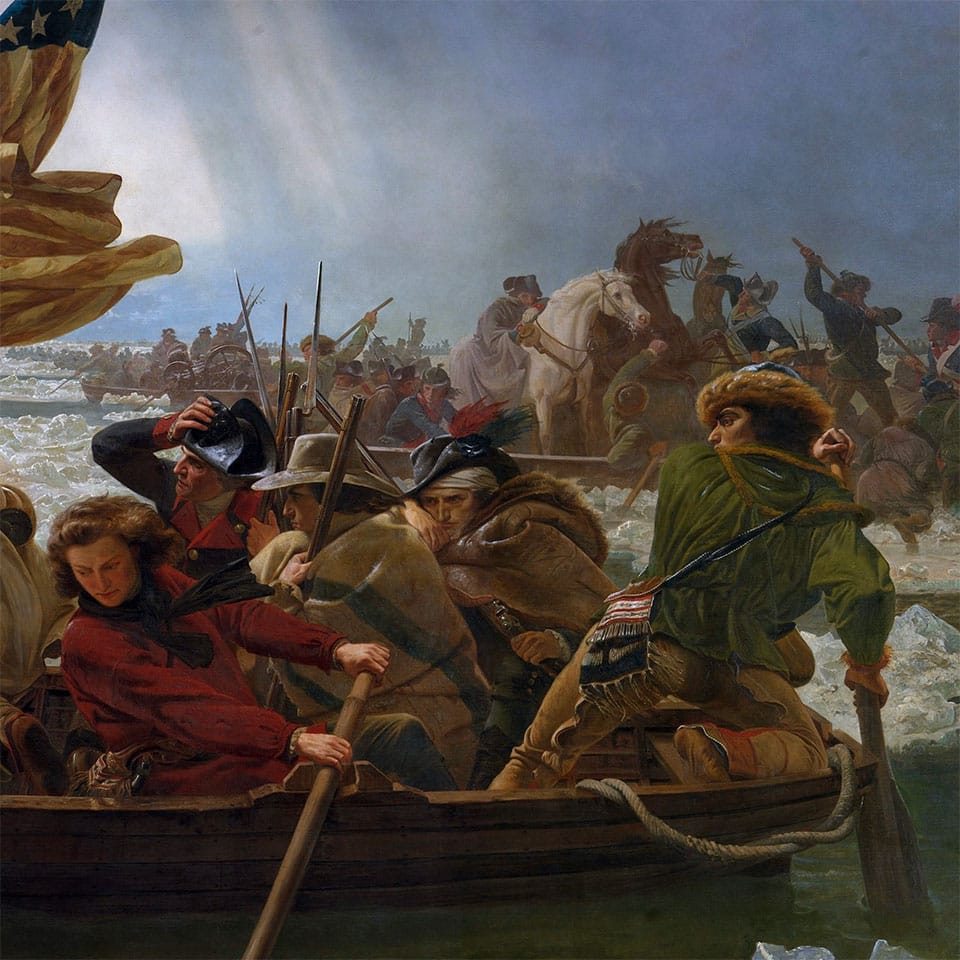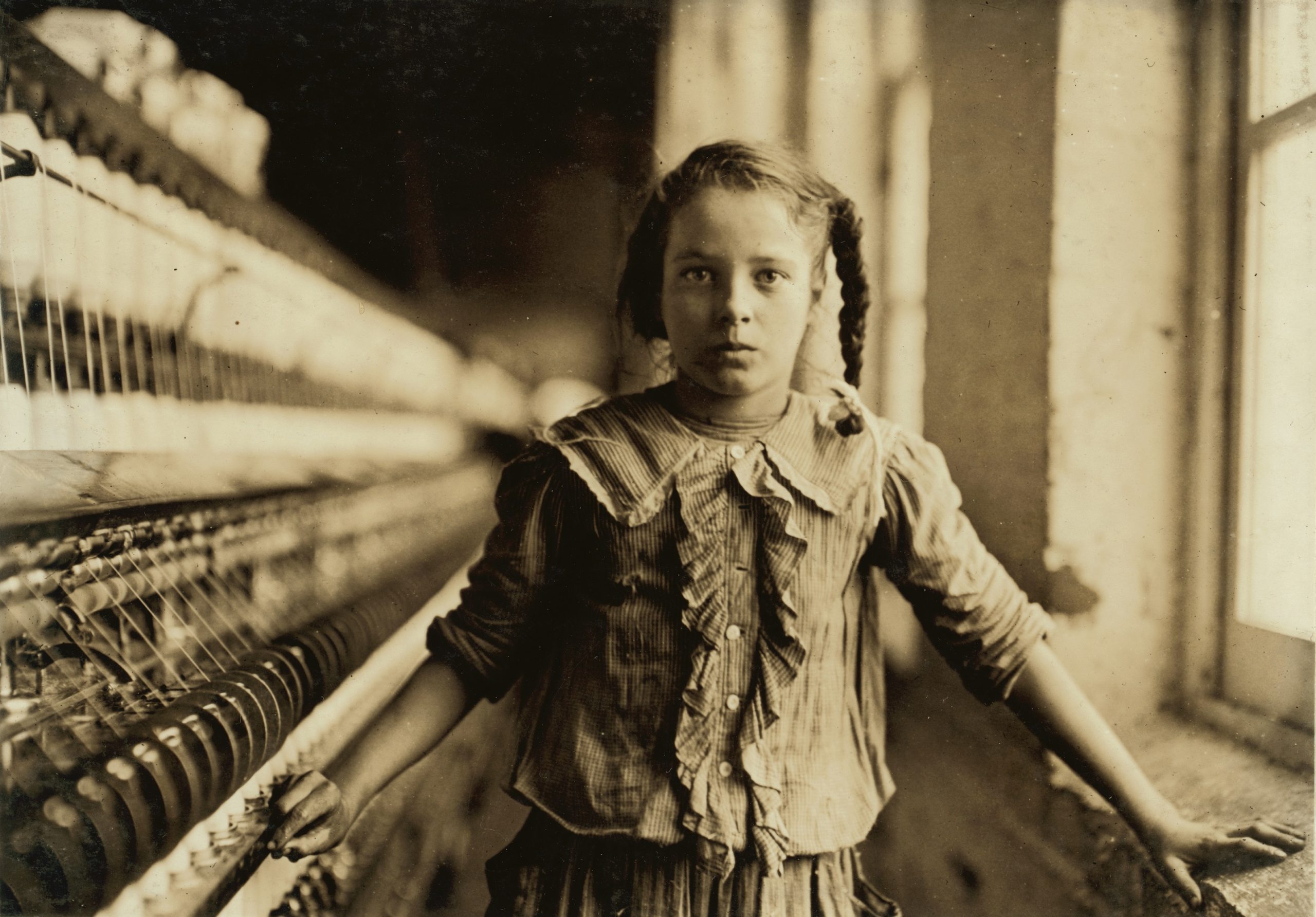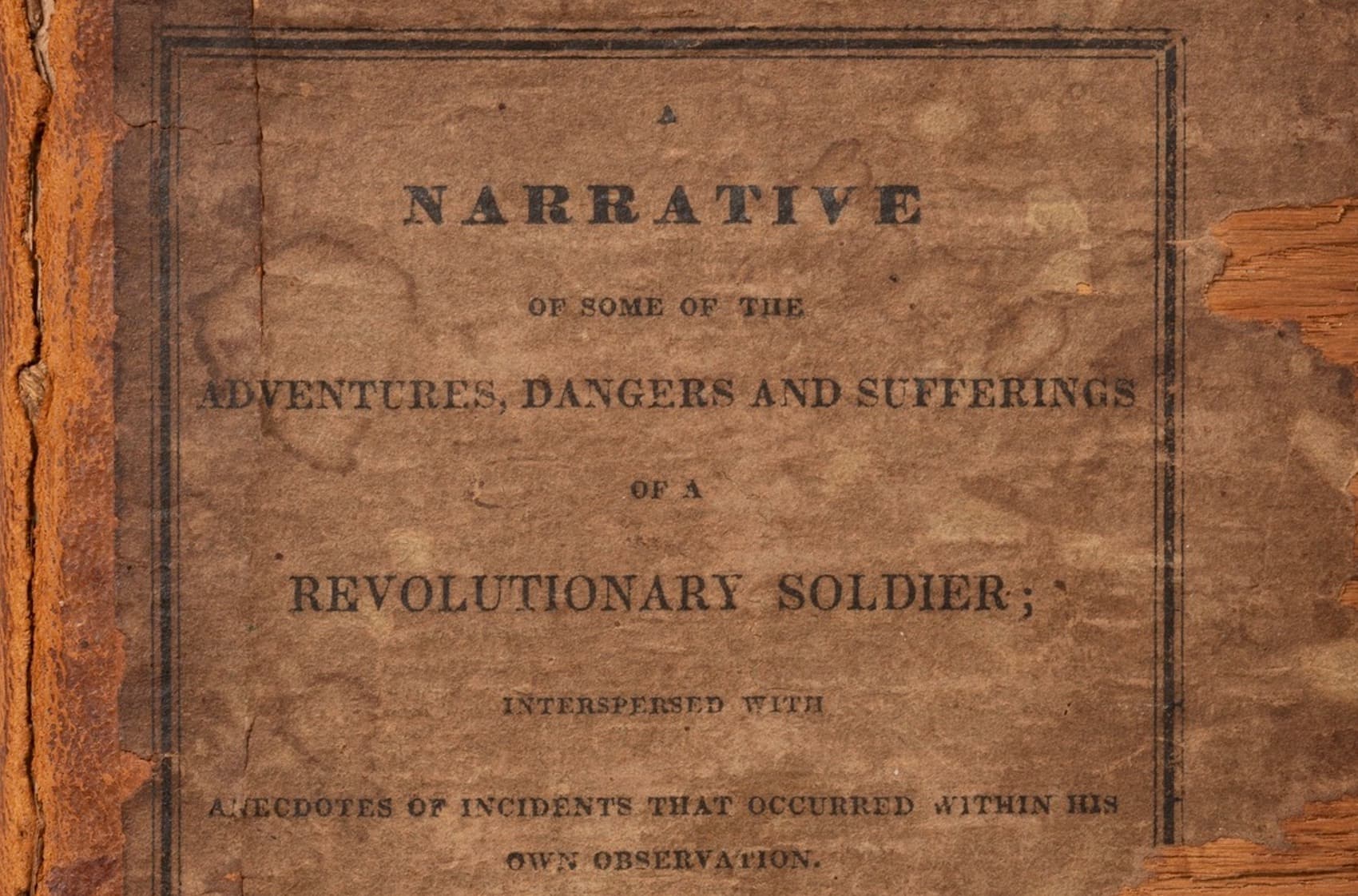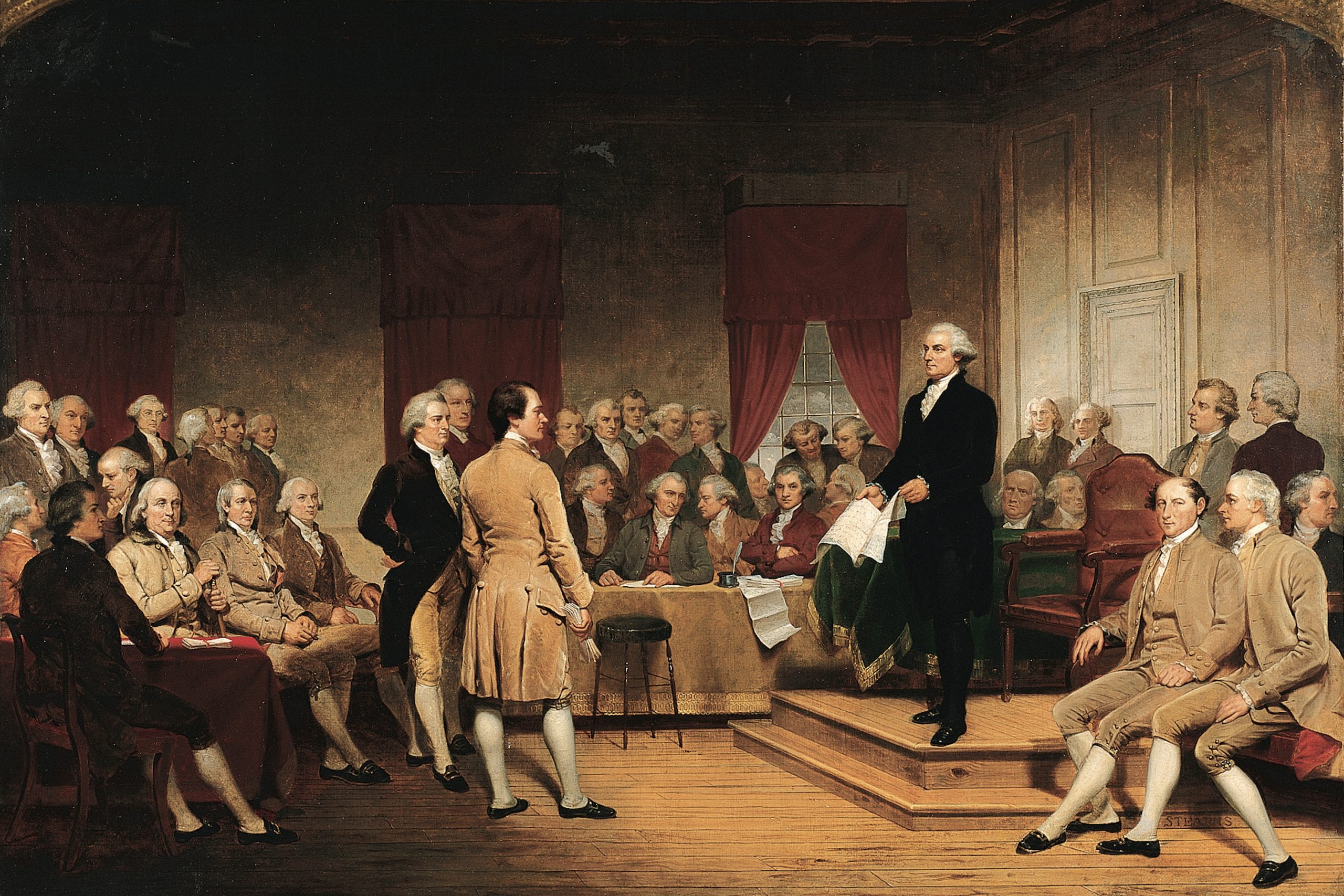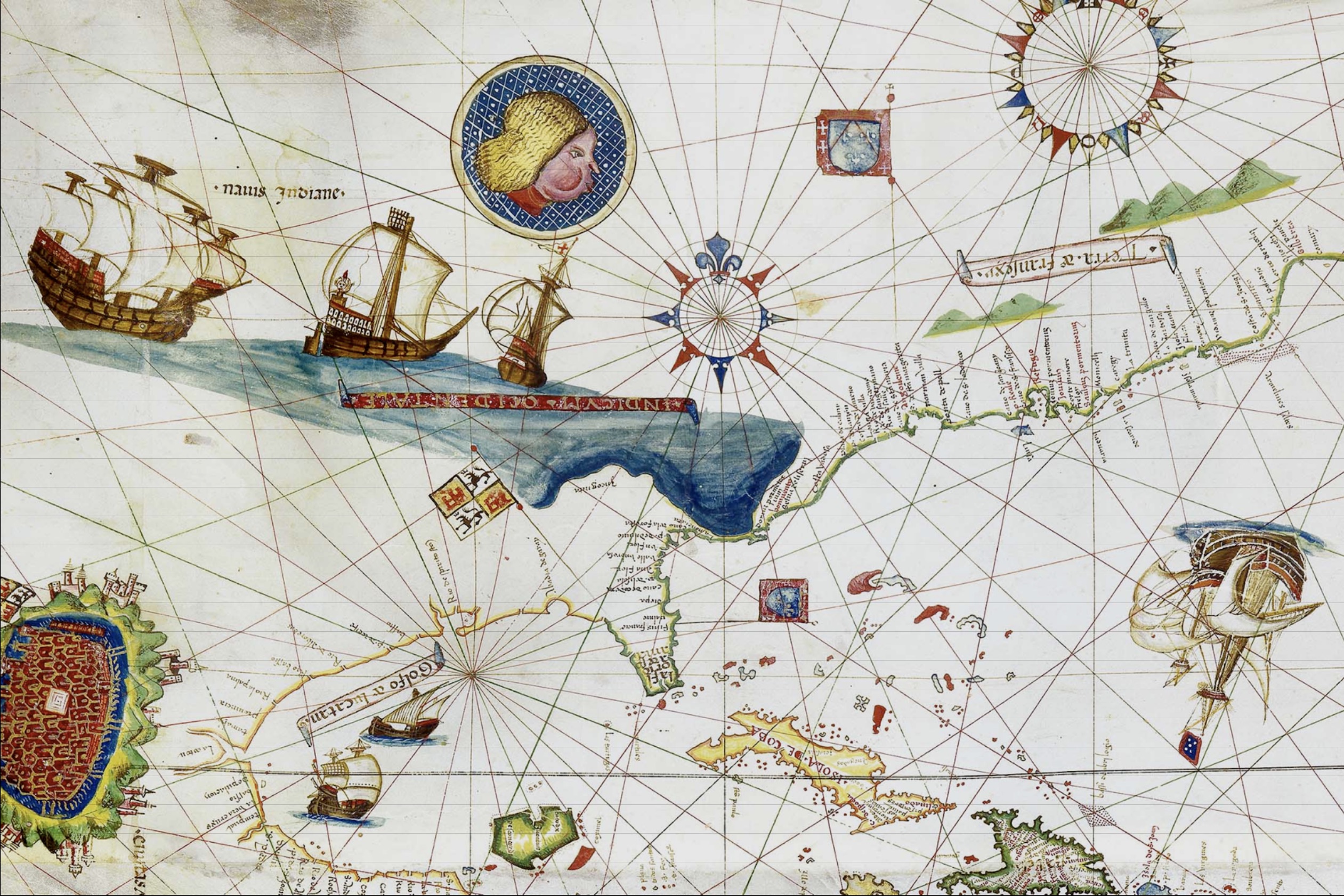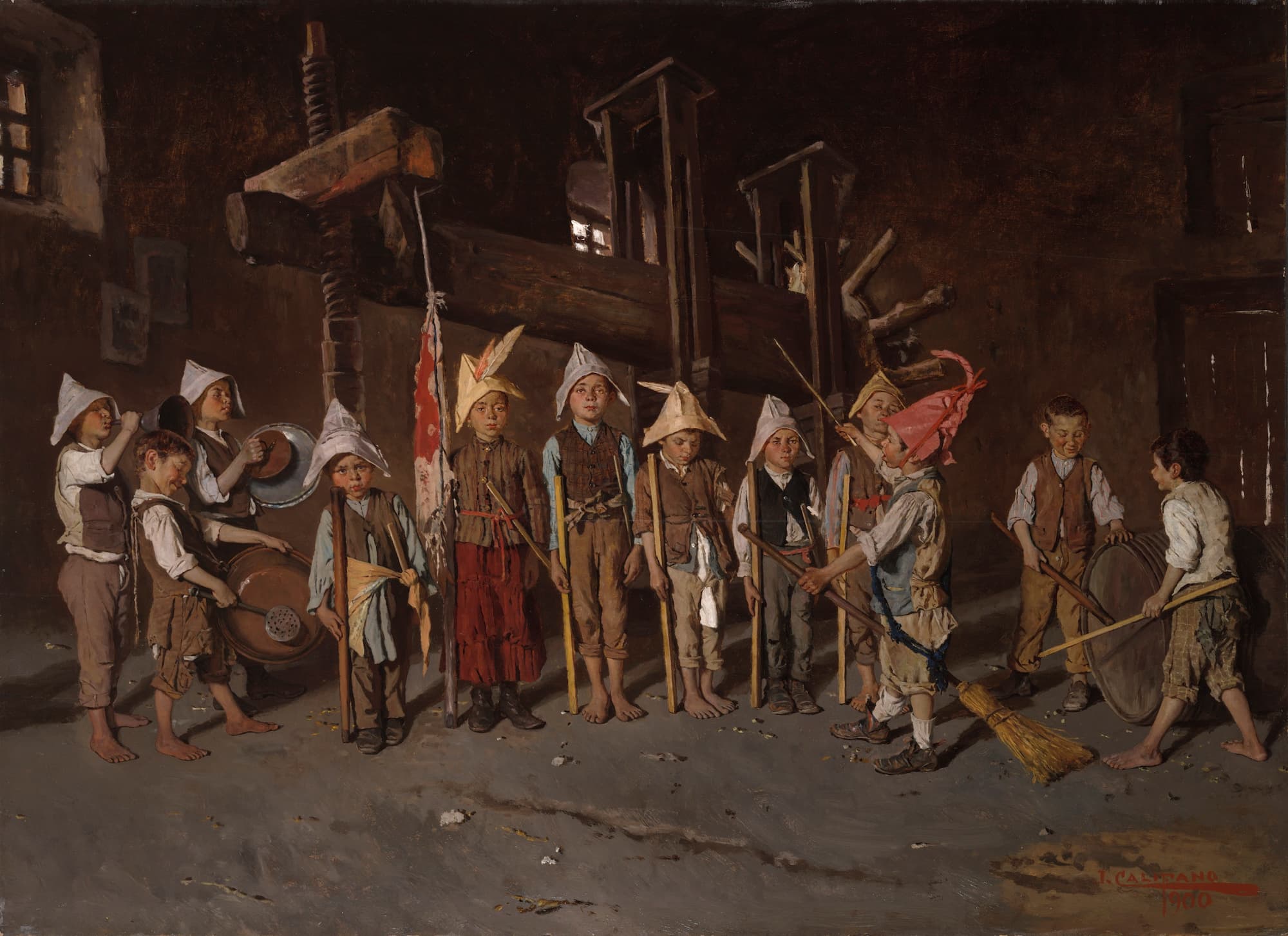The Crisis at Manassas Battlefield
The Secret of Flight

Getting Right with the Declaration of Independence
Why The American Crisis?
We believe renewed understanding of our shared past is vital to our future. We draw inspiration from Thomas Paine’s The American Crisis. At a desperate time in our Revolution, he called on Americans to face the nation’s challenges together. “Tyranny, like hell,” he wrote, “is not easily conquered; yet we have this consolation with us, that the harder the conflict, the more glorious the triumph.” Our aim is to address the crisis of our time with that determined spirit, encourage interest in our rich history, and renew commitment to our highest ideals.
The American Crisis is an independent publication of The Foundation of American Ideals. We publish new essays and articles weekly, including feature articles and shorter pieces in our departments — Commentary, People, Events, Ideas, Places, How We Know, Visions, News, Reviews, and From the Editor. You can find all of our articles and essays in the Archive.
Join Us
Subscribe to The American Crisis
Subscribe to The American Crisis — at no charge — and receive email notices of new features, participate in our reader polls, and keep current with news and discussions about American history and public life.
The American Crisis presents original historical writing, commentary and reflection on public life inspired by American history and traditions, and news and opinion about the conservation of American ideals and the rich cultural and natural resources we have inherited and for which we are responsible.
We are advocates for understanding and appreciating the American past, for the preservation of historic places, and for accurate and effective history education.
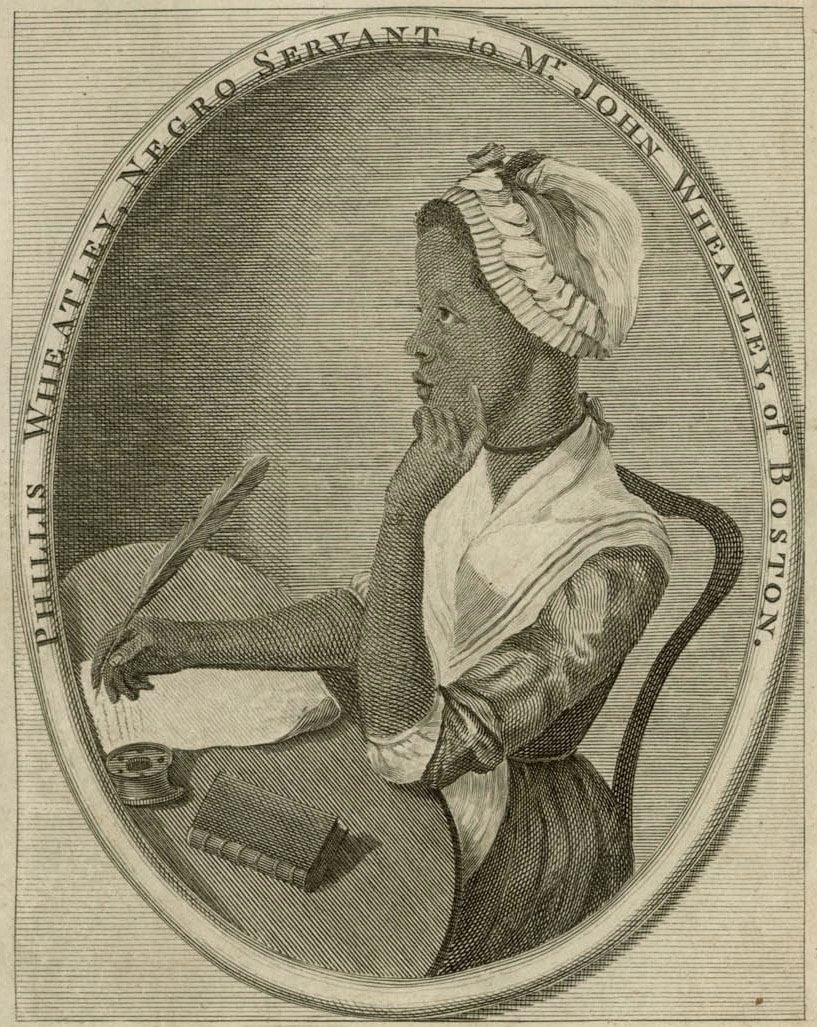
The Foundation of American Ideals
The Foundation of American Ideals advocates understanding and appreciation of independence, liberty, equality, natural and civil rights, and responsible citizenship — ideals at the heart of our national identity and shaped by our history and traditions.

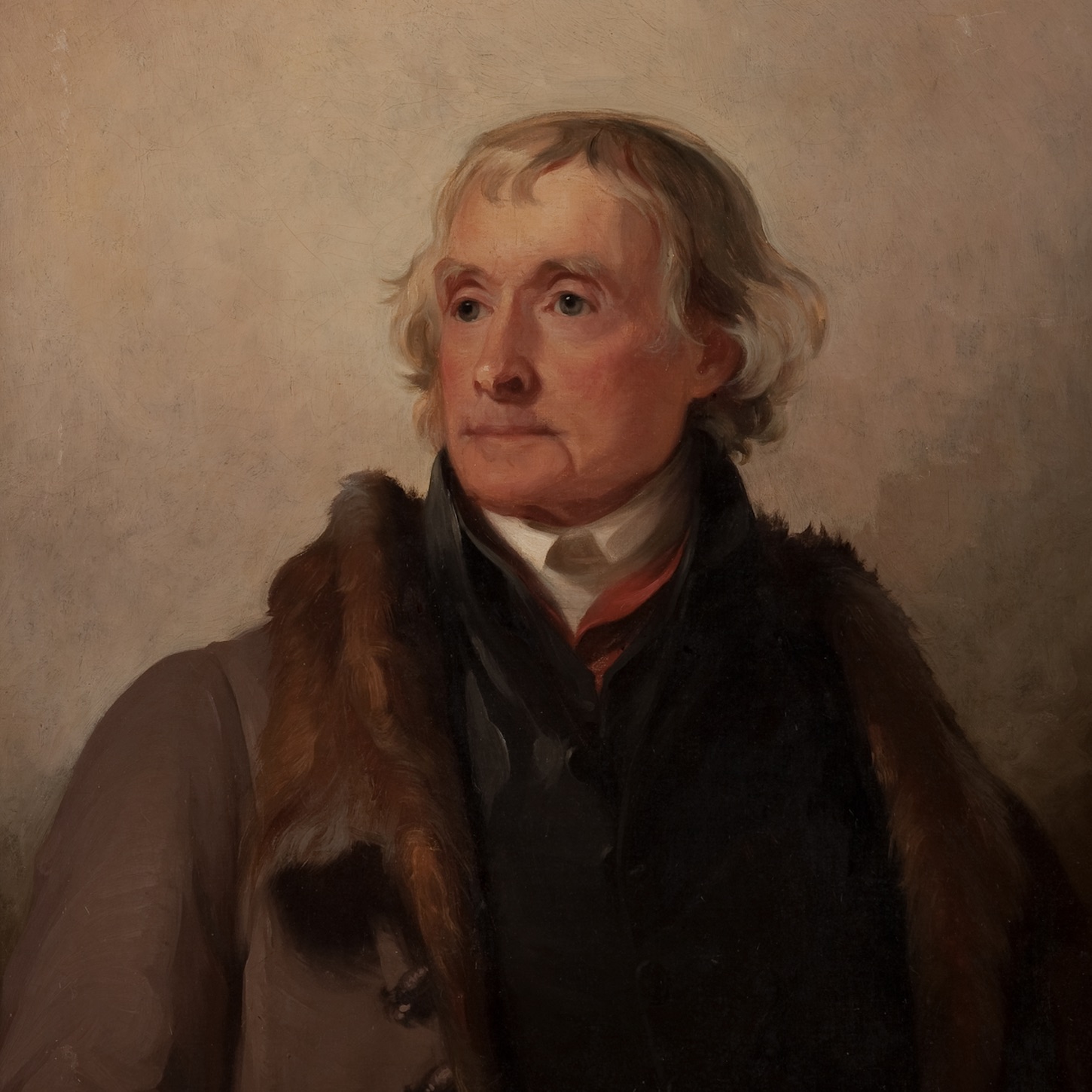

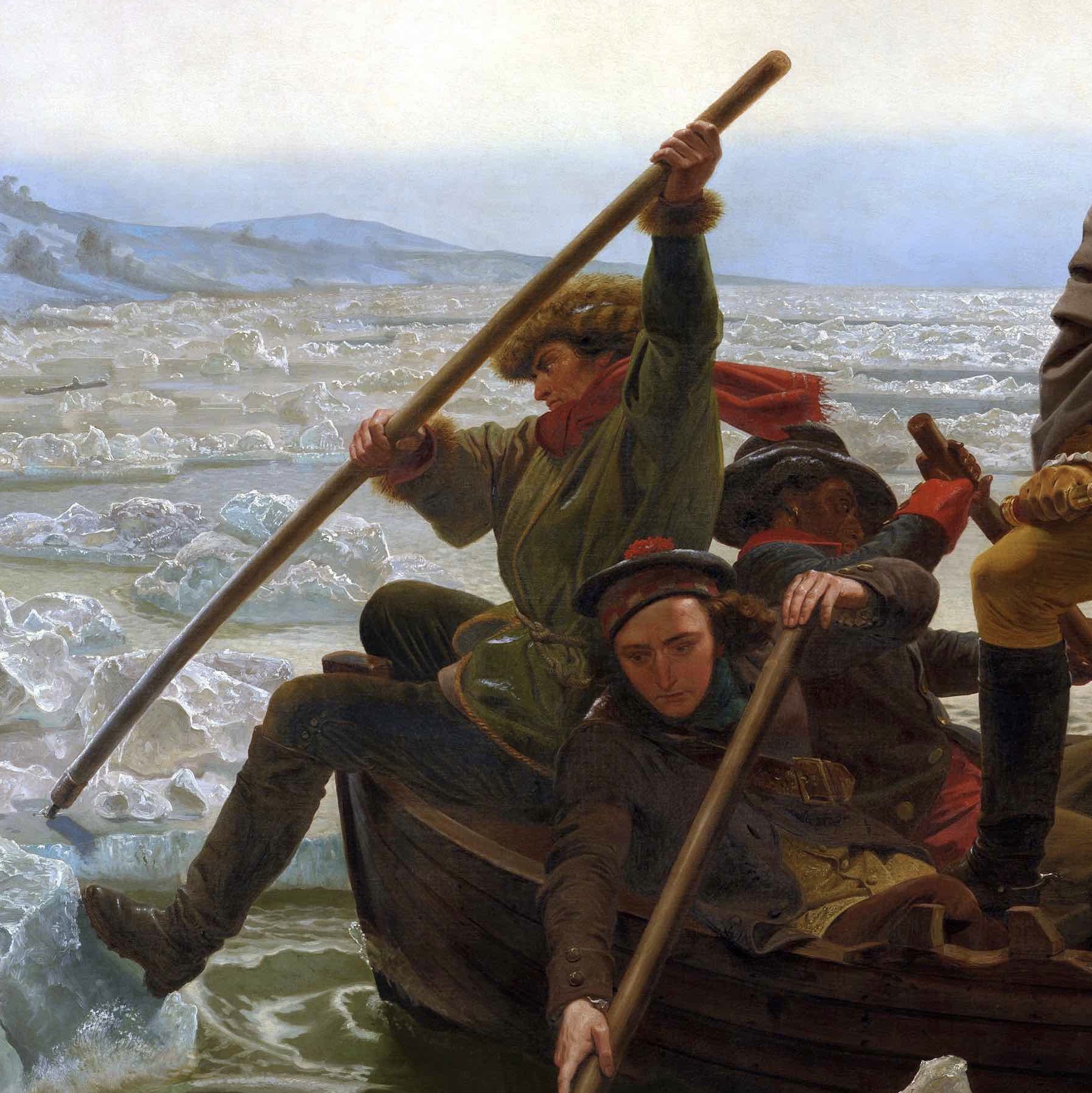

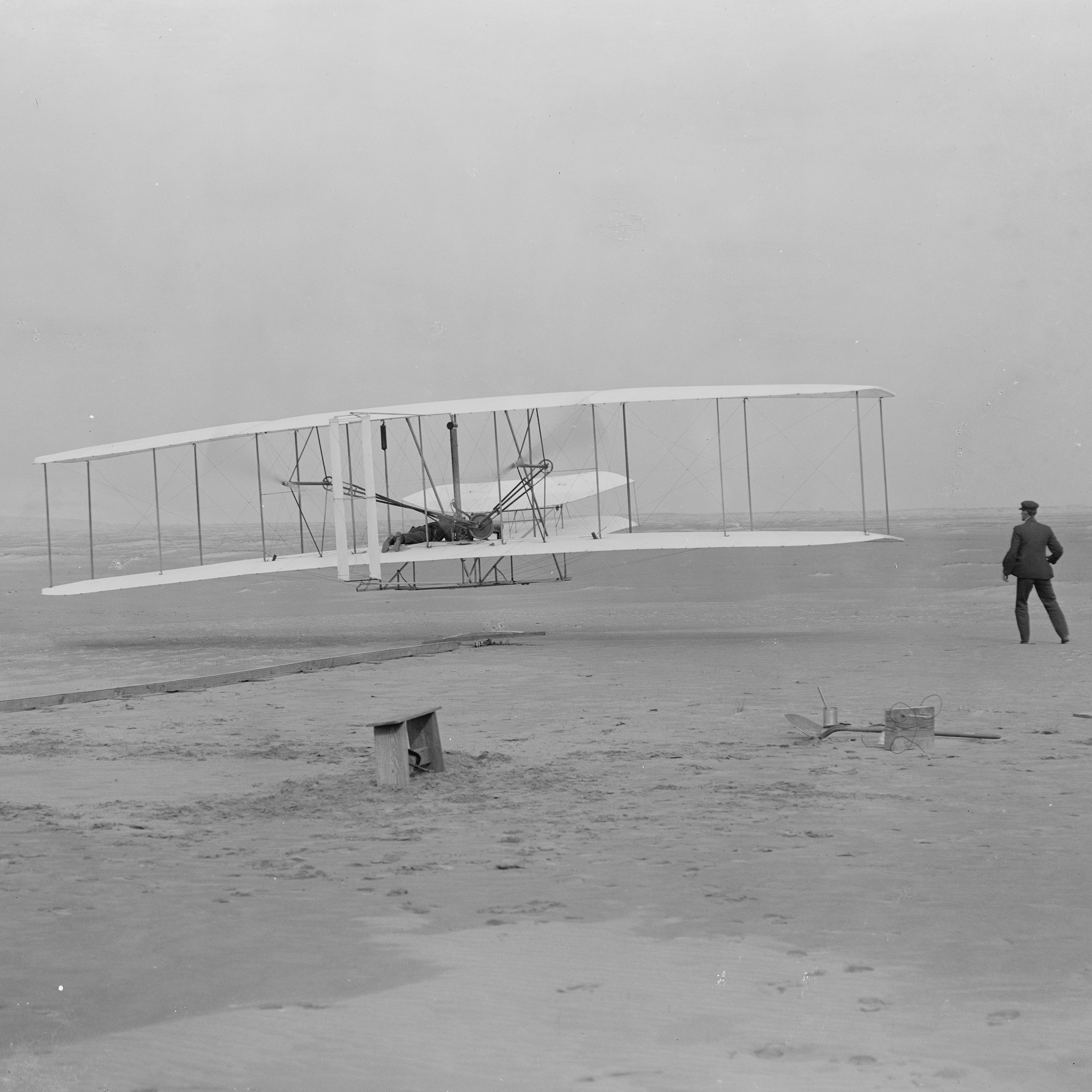
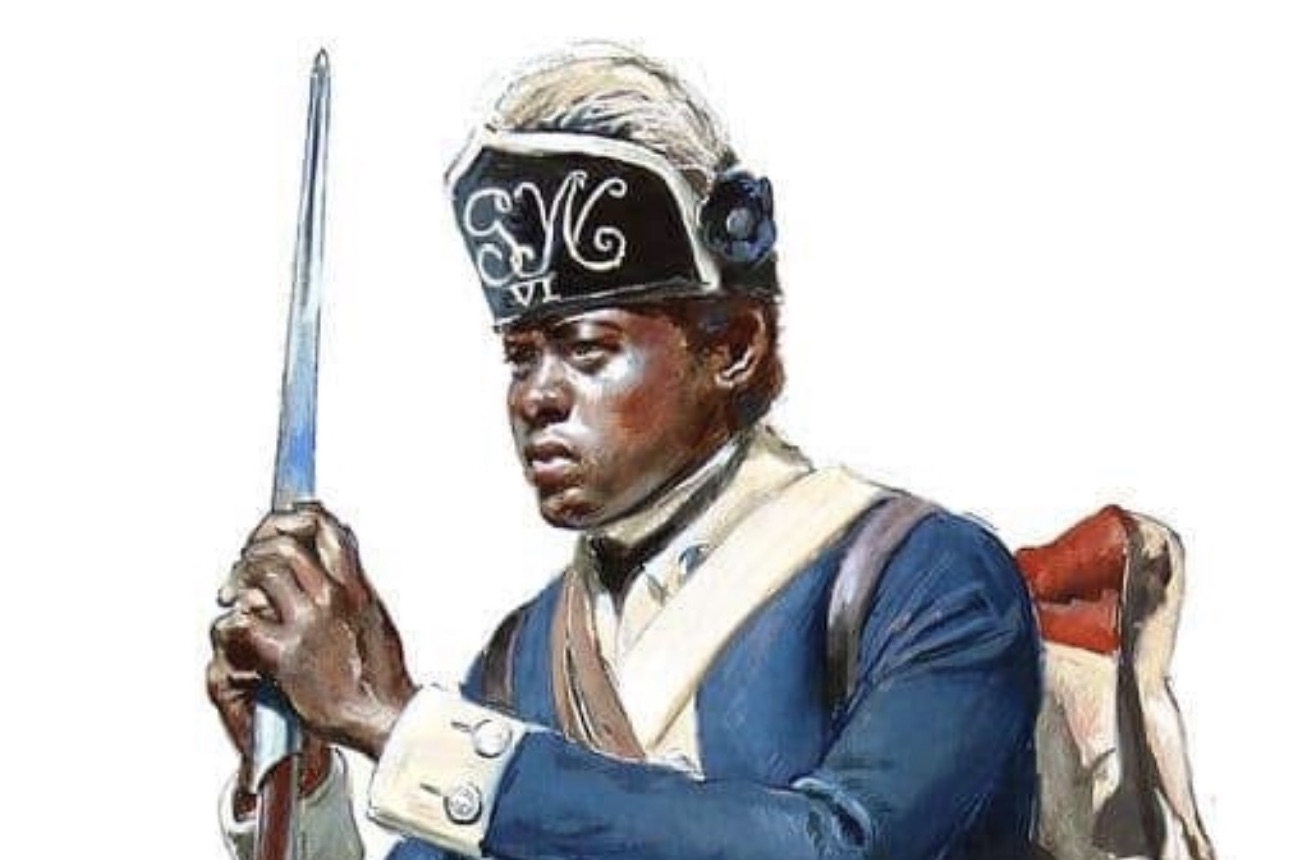
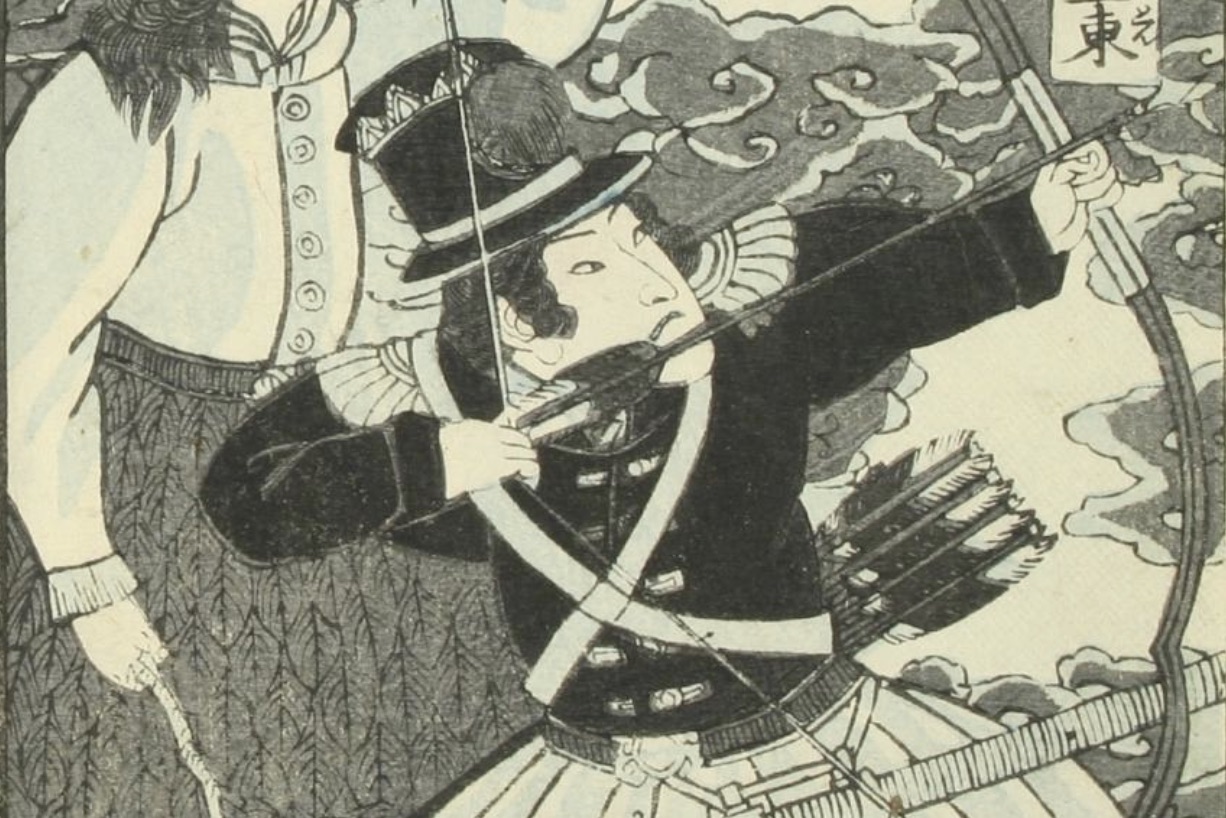
![Nicholas Starr Gravestone [Fort Griswold] detail 3-2 The gravestone of Nicholas Starr is one of many memorializing the victims of the Fort Griswold massacre.](https://150199712.v2.pressablecdn.com/wp-content/uploads/Nicholas-Starr-Gravestone-Fort-Griswold-detail-3-2.jpg)
